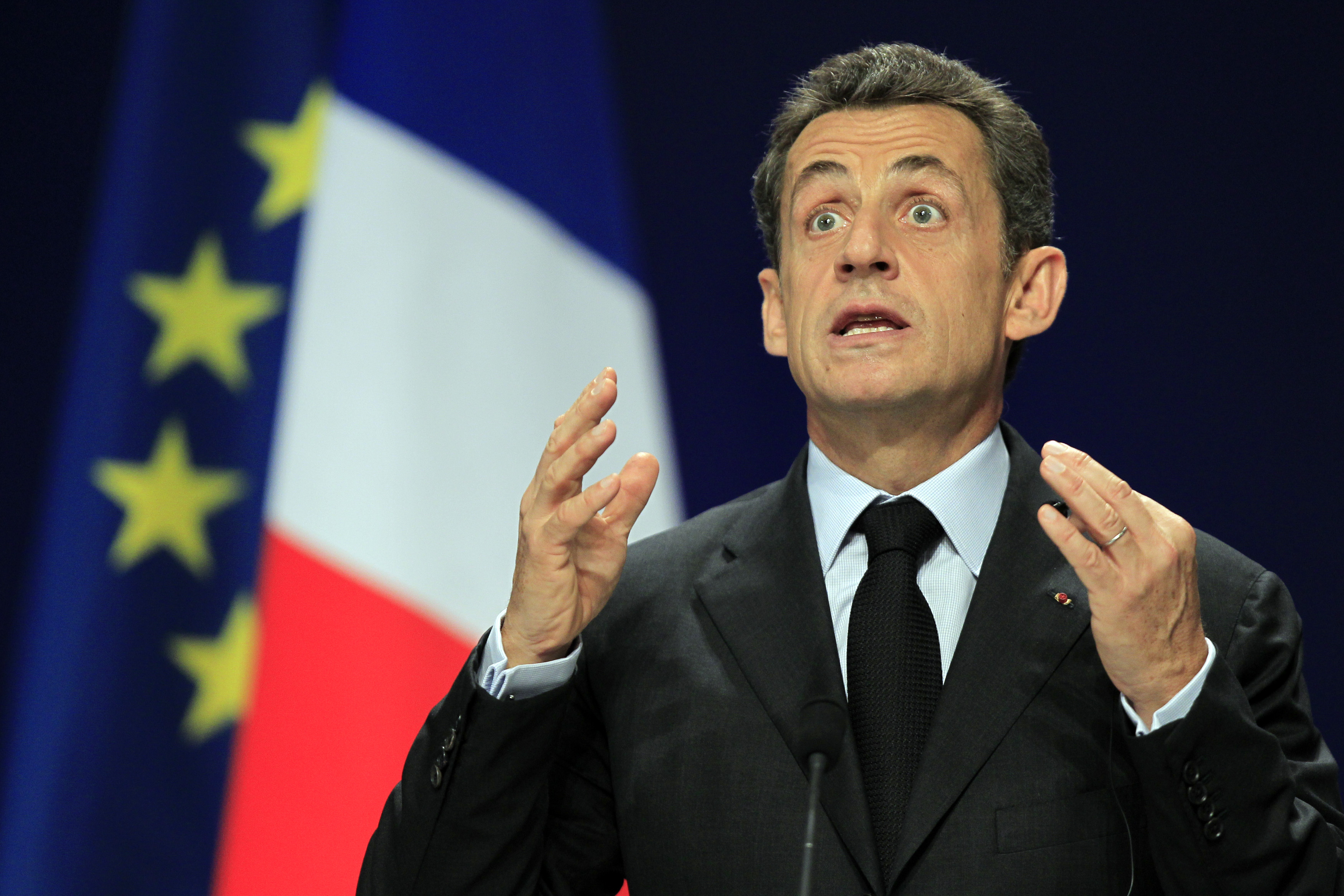Rubik tax treaties face serious hurdle

Switzerland is facing defeat in its efforts to isolate European Union members with tax deals that guarantee client anonymity, according to one legal expert.
The European Commission has threatened to take Germany and Britain to court if they enforce the Swiss treaties. Swiss Finance Minister Eveline Widmer-Schlumpf cancelled a meeting with EC Tax Commissioner Algiridas Semeta scheduled for Friday.
The Swiss designed Rubik tax treaty system promises to weed out undeclared assets and hand over tax to other countries instead of the names of tax dodgers.
But it strikes a blow at the heart of the EU’s strategy to force Switzerland into an automatic exchange of information to assist tax evasion investigations.
Switzerland is opposed to such data transfer that would violate banking secrecy laws and give up a major advantage for its private banks.
In the last few months, Switzerland pulled off two major coups by persuading Germany and Britain to break ranks with the EU and sign Rubik deals. But political opposition in Germany and the threat of a legal challenge by the EU have put the treaties in doubt.
Future pitfalls
There are no legal issues with the retrospective element of Rubik system, that compels Swiss banks to pay back lost tax revenues, according to Thomas Cottier, professor of European and international economic law at the University of Bern.
But Britain and Germany appear to flout EU directives by agreeing to future payouts rather than the collection of client data.
“EU member states are entitled to deal with the past, but run into problems if they commit to excluding the free exchange of information in future,” Cottier told swissinfo.ch.
Cottier compared the threat to take Britain and Germany to the European Court of Justice (ECJ) to the fight between the EU and United States airlines over airspace treaties at the beginning of the Millennium.
Niche strategy test
The ECJ ruled in 2002 that airlines had to negotiate with the EU as a whole rather than individual member states to secure routes through European airspace. The ruling consigned eight bilateral air agreements between US airlines and EU member states to the trash can.
Cottier believes the bilateral tax agreements with Germany and Britain could go the same way. If that happens, it could challenge Switzerland’s “one foot in, one foot out” strategy of retaining sovereignty whilst signing up to selected bilateral EU treaties, he added.
“This case could show us the limits of Switzerland’s niche policy route,” he told swissinfo.ch. “It could become increasingly difficult for Switzerland to swim against the tide if its own way of conducting business hurts others.”
Switzerland is also locked in a long-running fight with the EU over its cantonal corporate tax system that gives tax breaks to the overseas earnings of international firms based in the country.
The legal threat could also scupper negotiations between Switzerland and Greece to set up a similar Rubik tax deal. Italy has also expressed an interest, but France this week officially closed the door on such a deal, saying it would conflict with its interest of tracking down and punishing tax dodgers.
Secrecy to stay
In a recent interview with Britain’s chartered institute of taxation, Dave Hartnett, Permanent Secretary for Tax at the British tax authority, said the Rubik deal represented a best case compromise.
“I don’t think it does let fraudsters off , because we weren’t going to catch them anyway,” the senior civil servant said in the interview. “We don’t think banking secrecy will disappear in Switzerland at any time in the foreseeable future, certainly not in the next 10 years.”
“So what we are doing is collecting back taxes from people who we couldn’t identify. And at a time when our nation has a deficit it seemed like a very sensible thing to be doing.”
Four out of five Britons with assets in Switzerland are believed to be tax dodgers, Hartnett added.
Although there appears to be little political opposition to the tax deal in Britain, unlike in Germany, the British tax authorities are not resting on their laurels.
Some 6,000 suspected tax cheats with assets at HSBC’s Geneva-based private banking operation are currently being sent letters demanding that they come clean or face sanctions. The recipients of these letters have been given 35 days to respond.
It is thought that the information of potential cheats was obtained from a stolen CD of Swiss banking data.
Swiss banking secrecy also faces a major threat in the United States following the successful prosecution of UBS bank in 2009.
Some 4,450 UBS clients were revealed to the US tax authorities after the bank admitted aiding and abetting tax evaders.
The prosecution was made possible by former UBS banker Bradley Birkenfeld turning whistleblower. However, Birkenfeld was also jailed for 40 months for failing to reveal everything he knew.
The US has recently turned the heat on Credit Suisse, with the bank agreeing to hand over the names of an unspecified number of its clients.
This week, Credit Suisse also closed down its Swiss-based operations that used to serve wealthy US clients, and folded the unit into its US operation.
Up to 10 other Swiss banks are also in the sights of the US, some of which allegedly gave refuge to UBS clients after the large bank was prosecuted.
Another UBS whistleblower Renzo Gadola was last week let off with a light sentence of five years’ probation in the US after giving evidence against his former employer.
Unlike the hefty jail term for Birkenfeld – who is still behind bars – Gadola’s sentence has been seen as giving the green light for other whistleblowers to give evidence

In compliance with the JTI standards
More: SWI swissinfo.ch certified by the Journalism Trust Initiative











You can find an overview of ongoing debates with our journalists here . Please join us!
If you want to start a conversation about a topic raised in this article or want to report factual errors, email us at english@swissinfo.ch.